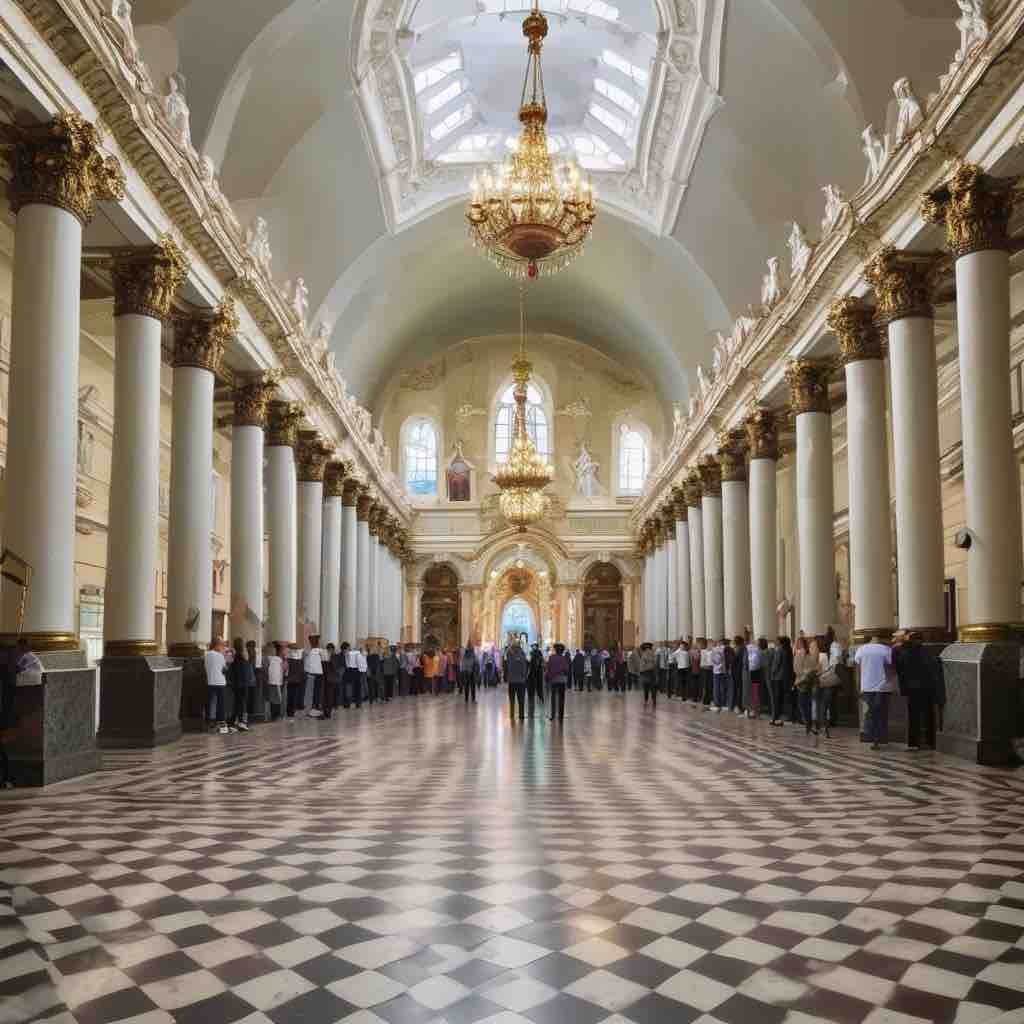Russia has emerged as one of the most popular destinations for international students pursuing medical education. With its world-class medical universities, affordable tuition fees, and globally recognized degrees, Russia attracts thousands of students from Asia, Africa, the Middle East, and Europe every year. The country’s medical institutions offer MBBS, MD, Dentistry, and other healthcare-related programs, many of which are taught in English.
For students aspiring to become doctors, Russia provides advanced learning facilities, experienced faculty, and strong clinical training. However, along with numerous advantages, foreign students also face certain challenges such as language barriers, climate adaptation, and cultural differences. This blog explores the opportunities, challenges, and overall student life for international medical students in Russia.
Why Choose Russia for Medical Studies?
1. World-Class Medical Universities
Russia is home to some of the best medical universities, including:
- Sechenov First Moscow State Medical University – Russia’s oldest and most prestigious medical school.
- Pirogov Russian National Research Medical University (RNRMU) – Known for advanced medical research.
- Kazan Federal University – Offers modern teaching methods and strong clinical exposure.
- Peoples’ Friendship University of Russia (RUDN University) – Popular among international students due to its multicultural environment.
- Saint Petersburg State Medical University – Recognized for its practical training and well-equipped hospitals.
2. Affordable Tuition Fees
Compared to medical universities in the USA, UK, Canada, and Australia, Russia offers high-quality education at lower tuition costs. The average MBBS tuition fee in Russia ranges between $3,500 and $8,000 per year, making it a cost-effective option for many students.
3. English-Medium Medical Programs
Many Russian medical universities offer MBBS and MD programs in English, allowing foreign students to study medicine without learning Russian. However, students are encouraged to learn basic Russian for better communication during clinical training and daily interactions.
4. Global Recognition of Medical Degrees
Medical degrees from Russian universities are recognized by WHO, NMC (India), ECFMG (USA), GMC (UK), and other medical councils. Graduates can appear for licensing exams like USMLE, PLAB, FMGE, and AMC to practice medicine in different countries.
5. Multicultural Learning Environment
Russia welcomes students from over 100 countries, making it a diverse and inclusive study destination. International students get exposure to different cultures, which helps in broadening their perspective and networking with future medical professionals from around the world.
Challenges Faced by Foreign Students
1. Language Barrier
While medical courses are available in English, students need to learn basic Russian for daily communication, especially during clinical rotations in hospitals where patients and staff primarily speak Russian.
2. Climate Adaptation
Russia experiences extremely cold winters, with temperatures dropping as low as -20°C or even lower in some regions. Students from tropical countries might take time to adjust to the harsh winter conditions. Proper winter clothing and heating arrangements help in coping with the cold.
3. Cultural Differences
Adjusting to Russian customs, food, and lifestyle can be challenging initially. However, joining student groups, making local friends, and participating in university events can help international students feel more comfortable.
4. Academic Pressure
The medical curriculum in Russia is rigorous, requiring students to stay focused and disciplined. There are regular practical sessions, theoretical exams, and clinical training, making time management essential for success.
Student Life in Russia
1. Accommodation
Most universities provide hostel facilities for international students, which are affordable and convenient. Students can also choose private apartments or shared housing, depending on their budget.
2. Food & Dining
Russian cuisine is different from what international students might be used to, but universities have cafeterias offering a variety of food options. Many cities have Indian, Chinese, Middle Eastern, and African restaurants catering to foreign students. Additionally, students can cook their own meals in hostel kitchens or rented apartments.
3. Transport & Travel
Russia has a well-developed public transport system, including metros, buses, and trains. Students can avail discounts on transport passes, making it easy and affordable to commute. Ride-sharing services like Yandex Taxi and Uber are also available in major cities.
4. Extracurricular Activities
Russian universities encourage students to participate in sports, cultural festivals, and student organizations. Many universities have international student associations that organize events, helping students integrate into university life.
Conclusion
Studying medicine in Russia offers excellent educational opportunities for international students. With globally recognized degrees, affordable tuition, and strong clinical training, Russia remains one of the best destinations for foreign medical students. While challenges such as language barriers, extreme weather, and cultural adjustments exist, students who prepare well and stay open-minded can have a successful and enjoyable study experience in Russia.
For aspiring doctors, Russia provides not just medical education but a life-changing international experience that helps them grow academically and personally.
